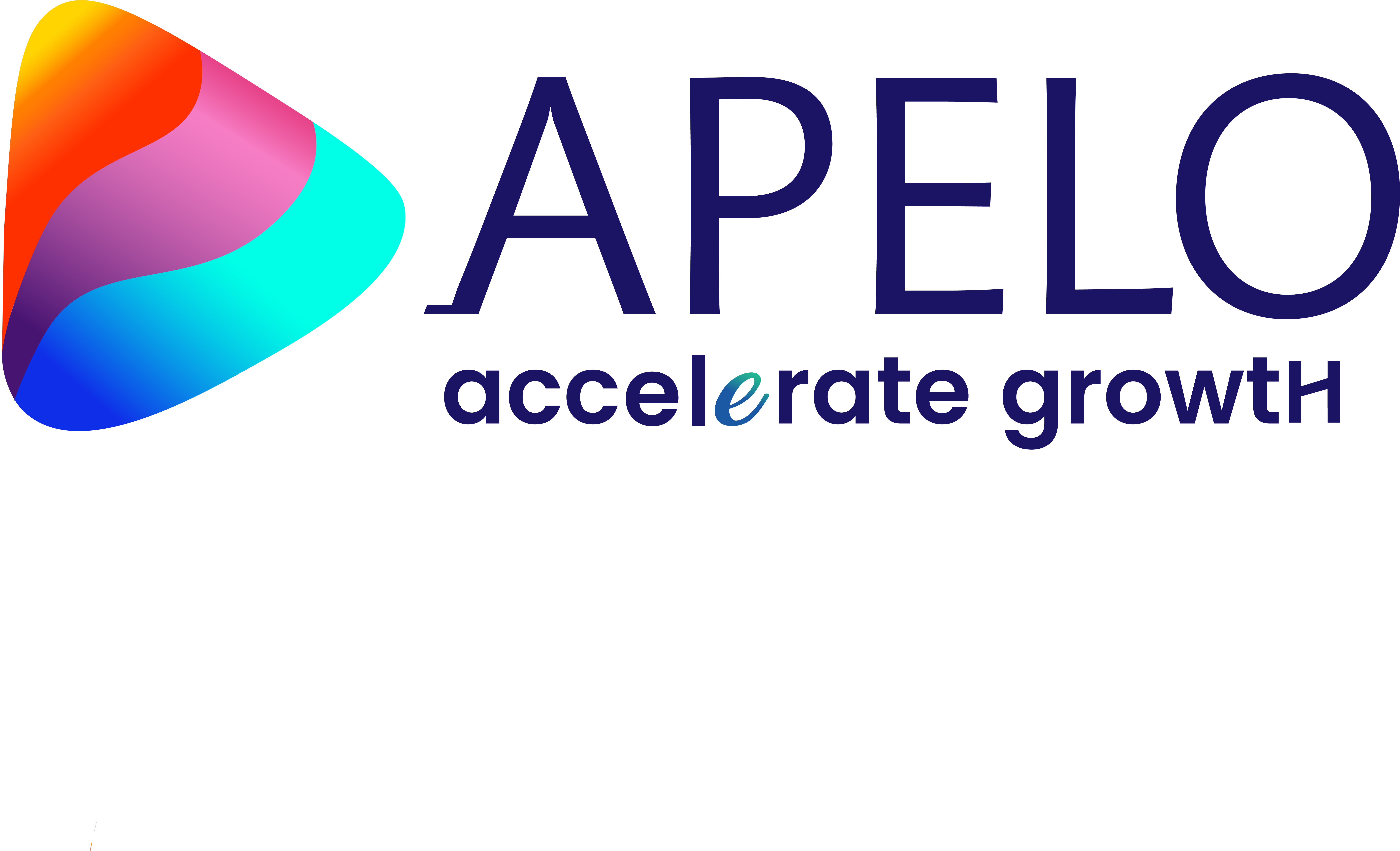Many companies have turned to self-serve market research platforms to get quick feedback on their marketing initiatives as they struggle to adjust to changes in consumer demand caused by the COVID-19 pandemic. Market research platforms, on the other hand, provide more than just speed and low cost. They provide the opportunity to integrate market research into a truly agile marketing process.
Disruption intensifies change
Disruption is often the catalyst for change, and the COVID-19 pandemic is no exception. Witness the rise in popularity of online meeting platforms such as Zoom, WebEx, and Microsoft Teams. And, while we may return to a hybrid of working from home and the office in the future, it appears unlikely that things will return to normal. A hybrid working model appears to be the future, as it provides a win-win situation for both companies and employees.
Changes that are better, easier to implement, and more likely to stick
Working from home is a change that sticks because it is an improvement over what came before – and it is simple to implement, thanks to new technological platforms. And I believe we are seeing a similar trend in market research, where the need for quick consumer feedback during the pandemic has accelerated the use of online market research platforms. Automated market research platforms are no longer a poor substitute for traditional research because they provide the benefits of speed, quality, and powerful meta-analysis across studies – something that was simply not available in the past.
Speed was once thought to be the enemy of good research design
Market research has always been useful and reliable in terms of speed, scope, and cost. All too often, this meant that researchers were forced to make compromises. Increasing the speed or scope of research increased the cost of research if quality was to be maintained (an option open to few given the pressure on budgets). Even when deadlines were met, speed could undermine dependability and confidence in results. Tighter deadlines, on the other hand, have all too often obviated the opportunity to gather feedback on critical initiatives. Business’s ever-increasing pace has obliterated the textbook, staged production of innovation, media preparation, and ad development.
Breaking the cost-quality trade-off in market research
Thankfully, the trade-off between quality and speed is no longer necessary, thanks to technological advancements that have enabled the automation of ever more sophisticated research methodologies. When a market research platform is built to deliver quality research quickly while also incorporating intelligence and expertise, the conflict between speed and reliability vanishes. Concerns about automated market research that were raised only a few years ago have largely been addressed as tool sophistication has increased. This shift paves the way for a new era of truly agile market research. A chance to restore market research to its proper place in the marketing process.
Agile market research is more than just quick
Before we go any further, let me define what I mean by “agile,” as it has become one of those business buzzwords that is frequently used but not always understood. Being agile entails far more than being nimble or quick. Agile refers to an iterative development process in which teams design, test, and adapt their projects in order to bring them to a successful conclusion as quickly as possible. And testing is a critical component of the agile process. While agile software development necessitates code testing and debugging, marketing initiatives necessitate feedback from their target audience. In marketing, the consumer is in charge, whether they are potential users of a new product or people who have seen an advertisement.
Being agile necessitates receiving the right feedback at the right time
Creating something new, especially at a rapid pace, is a risky endeavour. Given the realities of people’s daily lives, an idea that seems great to its creators can fizzle. However, if the right feedback is available at the right time in the development process, the chances of success can skyrocket. Automated market research tools allow you to find out what resonates or does not resonate with your target audience within hours of starting the project. And there is no wiggle room when it comes to delivering findings. Online dashboards make it simple to see what worked and what didn’t, and relevant benchmarks and diagnostics provide insights into how things could be improved.
Platforms for automated market research have matured. There is no longer a trade-off between quality and speed, which opens the door to truly agile market research. Whether you choose to run the same development process as before but faster, include more early-stage ideas, or test a broader range of prototypes or final executions, automation broadens your options, gives you more time to think, and encourages a better, more agile way of working.
